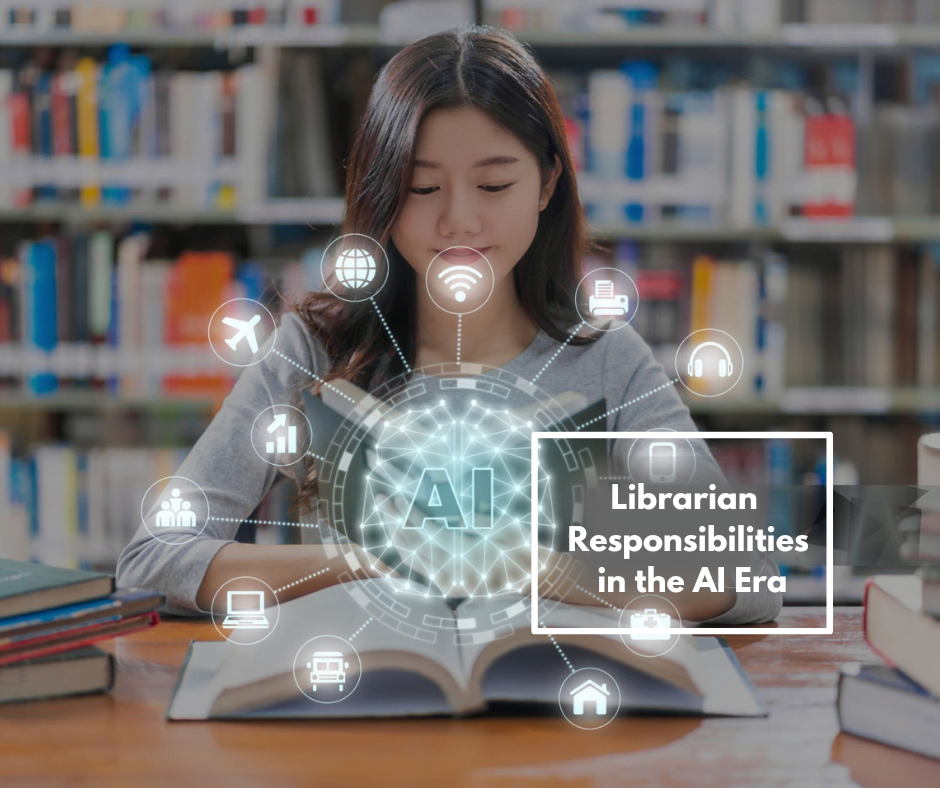The AI Era is a period of widespread integration and advancement of artificial intelligence technologies in various industries. AI systems automate tasks, analyze data, improve decision-making, and create innovative products. It is marked by rapid advancements in machine learning, natural language processing, computer vision, and other AI-related fields, revolutionizing industries such as healthcare, finance, transportation, manufacturing, and entertainment.

However, it also raises concerns about job displacement, privacy, ethics, and the potential for bias in AI systems. Overall, the AI Era represents a transformative period where AI plays an increasingly central role in shaping how we live, work, and interact with technology.
There are two types of AI:
- Weak AI:
Weak AI also known as narrow AI, is designed to perform specific, easy tasks with limited intelligence or programming, such as chatbots, recommendation engines, image recognition, etc.
2.Strong AI:
Strong AI also known as general AI, aims to replicate human-level intelligence and can perform a wide range of tasks, such as autonomous agents, natural language processing, cognitive computing, etc.
Methods of AI:
1. Machine Learning: Machine learning is one of the key techniques used in AI. This process involves training algorithms:
- to learn patterns in data
- And make predictions or decisions based on the data.
2. Deep learning: Deep learning is a subset of machine learning. It uses networks to simulate the structure and function of the human brain. It allows machines to recognize complex patterns in data.
According to the above discussion, AI is having a significant impact on the role of librarians in several ways:
- Librarians can use AI to automate tasks like cataloging new acquisitions, sorting digital collections, and recommending resources to patrons.
- AI-powered search algorithms can improve information retrieval and help patrons find relevant materials more quickly.
- AI chatbots and virtual assistants can handle routine reference inquiries, freeing up librarians to focus on more complex patron needs. These AI systems can provide 24/7 assistance, expanding access to library services beyond traditional operating hours.
- AI algorithms can deliver personalized recommendations based on user behavior and preferences. Librarians can work with AI to tailor services to individual patron needs.
- Librarians can leverage AI tools to enhance their capabilities in data management, analysis, content curation, and creation. They can also address ethical concerns related to AI and advocate for responsible use of AI within libraries.
AI can enhance the work of librarians by streamlining tasks and improving service delivery, but it is not likely to replace them entirely. Instead, it can complement their skills and expertise, leading to more efficient, personalized, and innovative services.
Here are some key responsibilities of librarians in the AI era:
- Teaching Information Literacy: Librarians will instruct patrons in information literacy techniques and inform them of the advantages and disadvantages of artificial intelligence tools.
- Organizing and Managing Collections: Librarians will manage print and digital collections, ensuring inclusivity and suitability for local needs. AI tools will aid in analyzing usage data and identifying collection gaps for improvement.
- Supporting Reference and Research Services: Librarians provide personalized research assistance and reference services to help patrons locate and evaluate information. They work with AI systems to improve search and discovery tools.
- Promoting the Responsible Use of AI: Librarians will promote the responsible use of AI in libraries, ensuring that AI systems align with library values and address concerns such as algorithmic bias, privacy, and digital rights.
- Increasing Digital Literacy and Privacy: Librarians promote digital literacy, data literacy, online privacy practices, and cybersecurity awareness, advocating policies that protect user privacy and data security.
- Outreach and Engagement with the Community: Librarians will connect with their communities through outreach, education, and events. They will facilitate learning, creativity, and social interaction.
- Lifelong Education and Professional Development: Librarians will stay updated with new technologies, learn new tools, and leverage AI to improve library services.
In the AI era, librarians will continue their traditional roles while embracing AI as a tool to enhance their services. Through education, advocacy, and innovation, they will ensure the responsible and ethical use of AI in libraries.
The Digital Skills of a Librarian are required
The digital landscape in libraries is always changing, and librarians need a diverse set of digital skills to effectively serve their patrons and manage resources. Here are some essential digital skills for modern librarians:
A. Technical Proficiency:
Technical competency in digital skills for librarians involves managing digital collections, which includes digital preservation, digitalization, and metadata generation. They are skilled in the effective use of library management software and integrated library systems (ILS) for cataloging, circulation, and acquisition duties. They also know how to make Online Public Access Catalogs (OPACs) more user-friendly so that library users may find and access resources more easily.
B. Digital Literacy and Teaching:
Librarians are essential to the digital literacy movement, because they help users find, assess, and make good use of digital material. They create and conduct training programs on using different digital tools and platforms for learning and study, conducting internet research, and maintaining online safety. Additionally, they guarantee that clients receive thorough help in the digital sphere by offering virtual reference services via chat, email, and video conferencing.
C. Data Management and Analysis:
Librarians who possess strong data management skills are able to handle data curation, generate metadata, and guarantee long-term data preservation. They also know how to effectively interpret and utilize data, providing insights that inform strategic decision-making and improve library services. They use data analytics tools to evaluate library services, comprehend patron needs, and analyze resource usage to improve library operations.
D. Digital Communication and Outreach:
Librarians are masters of digital communication; they use social media to spread information, interact with the public, and advertise library activities. To produce educational and user-friendly content for the library’s website, content management systems (CMS) such as WordPress or Drupal are used in the creation and management process. In order to reach a larger audience and improve library awareness, they also use digital marketing techniques like SEO and email advertising.
E. Technical Support and Troubleshooting:
Librarians provide essential technical support by assisting patrons with library systems, hardware, and software, ensuring smooth operation and accessibility. They troubleshoot common technological issues, such as problems with printers, scanners, and public computers, to maintain an efficient library environment. Additionally, they stay informed about basic cybersecurity practices to protect library systems and patron data from potential threats.
F. Emerging Technologies:
Librarians keep up with developing technologies like blockchain, AI, and machine learning to examine their potential uses in improving library services. The goal is to enhance resource management, user experience, and service delivery by experimenting with and integrating these new technologies. To guarantee they can properly assist users and use creative solutions within the library, librarians also maintain an ongoing updating of their knowledge and abilities.
G. Collaboration and Project Management:
Librarians are adept at organizing, carrying out, and supervising digital projects like website redesigns and digitization projects. They work well together with IT specialists, outside partners, and other librarians to bring new technology to the library and enhance existing ones.
By developing and honing these digital skills, librarians can effectively manage digital resources, provide excellent service to patrons, and stay relevant in an increasingly digital world.



